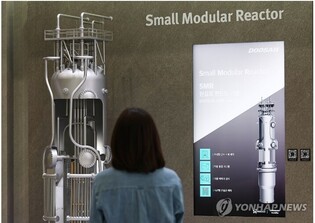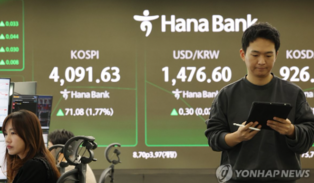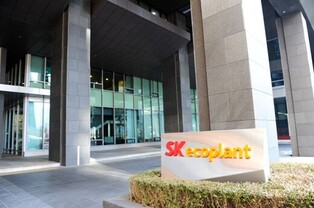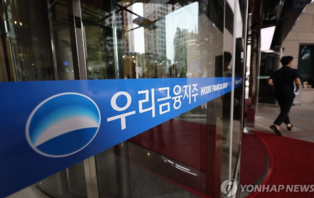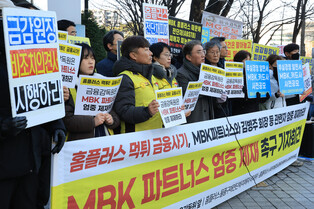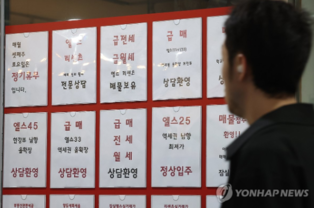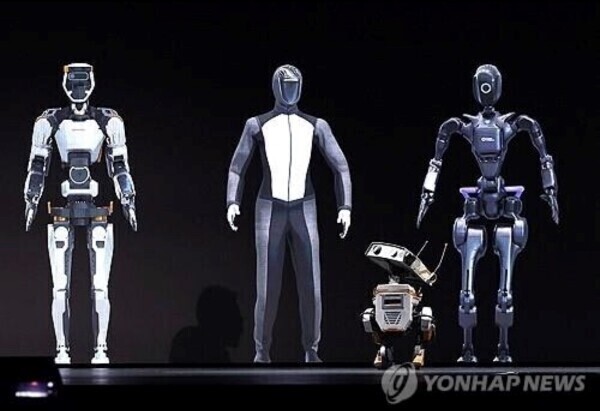 |
Photo courtesy of Yonhap News |
[Alpha Biz= Kim Jisun] SEOUL, November 6 (local time) — South Korea will impose provisional anti-dumping tariffs of up to 43.6% on industrial robots imported from China and Japan, in an effort to counter aggressive low-price competition that has enabled foreign manufacturers to capture nearly 70% of the Korean market. It marks the country’s first anti-dumping action on industrial robots in 20 years, since 2005.
The Ministry of Economy and Finance (MOEF) announced on Wednesday that starting November 21 through March 20, 2026, imports of multi-jointed industrial robots with four or more axes will be subject to temporary anti-dumping duties ranging from 21.17% to 43.6%.
The tariffs apply to leading Japanese manufacturers including Kawasaki Heavy Industries, Fanuc, and Yaskawa Electric, as well as China’s emerging robotics players such as KUKA Robotics.
A final decision on permanent tariff rates will be made following an additional investigation scheduled to conclude by March 20, 2026.
Background and Rationale
The government determined that Chinese and Japanese robot makers have been undercutting prices — selling in Korea below domestic-market levels — to expand market share. Officials cited a case in March 2024, when Fanuc and KUKA participated in a Korean automobile company’s robot procurement bid at 28–44% lower prices than those offered in their home markets.
An industry source said,
“While a full investigation usually precedes the final dumping determination, provisional duties can be imposed immediately if damage is deemed ongoing. It’s highly likely that the same rates will remain after the formal ruling.”
Scope of the Measure
The temporary tariffs will cover most industrial robots produced in China and Japan, typically robotic arms used for material handling, assembly, painting, and welding in manufacturing lines.
However, collaborative robots and humanoid robots are excluded from the tariff scope.
Officials said the measure reflects growing concern that, without temporary safeguards, domestic robotics producers could lose their foothold in a rapidly expanding market dominated by foreign competitors.
알파경제 Kim Jisun (stockmk2020@alphabiz.co.kr)






















